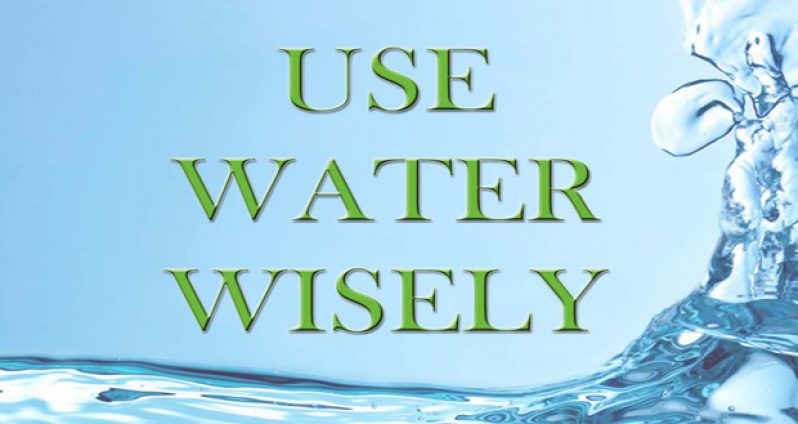HUMAN overuse of water resources, primarily for agriculture, and diffuse contamination of freshwater in urban regions and from agriculture are stressing the water resources in the earthly water cycle.According to the Global Water Partnership (GWP), as a consequence, the ecological functions of water bodies, soils and groundwater (e.g. filtration, natural decomposition of pollutants, buffer capacity) in the water cycle are hampered.
Water is an essential natural resource that shapes regional landscapes and is vital for ecosystem functioning and human wellbeing. At the same time, water is a resource under considerable pressure. Alterations in the hydrologic regime due to global climatic, demographic and economic changes have serious consequences for people and the environment,” the GWP noted.
‘Towards 2020’
Global Water Partnership has learned from its worldwide network of partnerships that increasing water security requires sound policies, knowledge, and action.
This is a major challenge, and GWP aims to tackle this through the strategy ‘Towards 2020’, which offers hope and generates new enthusiasm to support countries and regions to better plan and manage their water resources at all levels for sustainable and inclusive growth.
INTERDEPENDENCE
“We live in a world of growing interdependence. The impact of economic, financial, and natural crises spreads faster than ever before, and affects more people.
When one part of an economy collapses, it can trigger a chain reaction across the globe. The climate crisis has shown that our planet is an indivisible whole; and the food crisis has demonstrated that nations depend on one another’s ability to produce food, and on the policies that support production,” GWP stressed.
The agency noted that water security is influenced by all of these global challenges. The financial crisis has constrained capital investment in increasing water security in many countries.
Recurrent spikes in food prices have exposed the vulnerability of national food security. Changing weather patterns have caused catastrophic floods and droughts.
The lives lost, damage done to homes and businesses, and direct economic losses from these water-related disasters have a negative impact on employment, social services, and infrastructure.
BURDEN ON WOMEN AND GIRLS
As a result, the GWP emphasized, too many people still lack access to water, sanitation, food, and energy. The burden on women and girls is disproportionately large, as they often do not benefit directly from clean water supply, which is totally unacceptable.
However, results can be achieved, the agency noted. Each country has its own unique set of physical, social, economic, political, and environmental circumstances that will determine its pathway towards water security. Governments will need to engage with private and civil society partners to address water use and waste treatment, retention, and pollution. Together they must find ways of balancing today’s needs with those of future generations in a socially just and gender-equitable way.
Water connects us all. Understanding the connections will help us to find equitable ways of sharing limited water resources among many competing demands.
Political will and skill, combined with strong, visionary leadership can help bring together opposing interests, integrate scientific understanding into policy-making, and negotiate socially acceptable trade-offs.
Partnerships for sustainable development, such as GWP, can help countries to design and implement effective policy, and build consensus to reach positive outcomes.
Increasing water security is crucial to achieving new and sustainable development pathways, the GWP explained.




.png)









